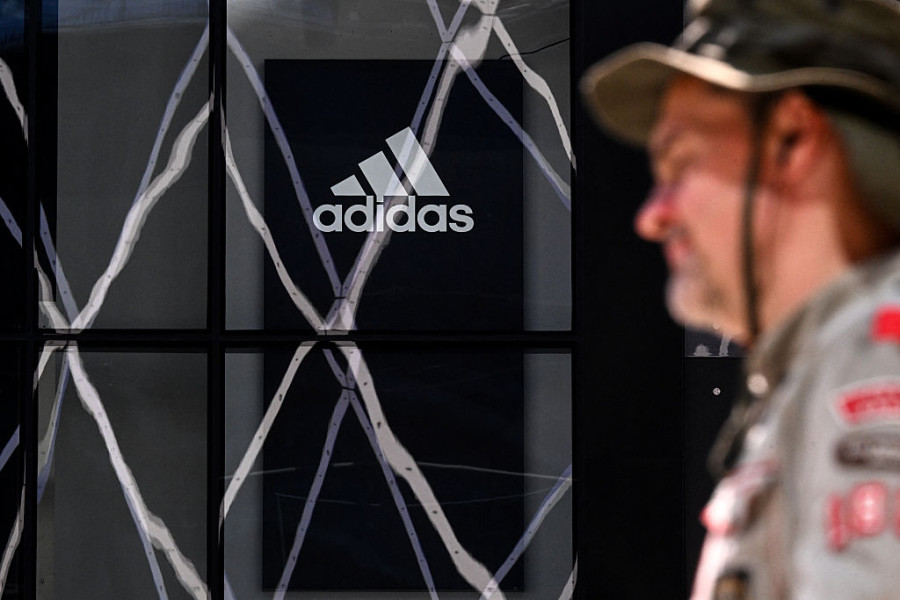
Adidas and Mexican-American designer Willy Chavarria are under fire in Mexico after launching a sandal critics say copies a traditional Indigenous shoe.
The "Oaxaca Slip-On," a black sandal with braided leather straps on a chunky sports sole, has been accused of imitating "huaraches"—handcrafted footwear made by Zapotec artisans in Villa Hidalgo Yalalag, Oaxaca.
According to AP News, Mexican authorities and artisans say the design was created without permission from the community, calling it "cultural appropriation" and a violation of heritage laws.
Oaxaca's governor, Salomón Jara Cruz, publicly condemned the design, stating, "Culture isn't sold, it's respected," and urged Adidas to withdraw the product.
Chavarria, known for blending Mexican and American cultural elements in his work, issued a public apology to the people of Oaxaca.
"I am deeply sorry that the shoe was appropriated in this design and not developed in direct and meaningful partnership with the Oaxacan community," he said, admitting it fell short of the respect the Zapotec people deserve.
Mexican authorities are accusing sportswear company Adidas of plagiarizing artisans in southern Mexico, alleging that a new sandal design is strikingly similar to the traditional Indigenous footwear known as huaraches. Details: https://t.co/aFl63X7lJB pic.twitter.com/FR7BB5wBEE
— KTLA (@KTLA) August 10, 2025
Oaxaca Artisans Say Adidas Copied Traditional Huaraches
For many in Oaxaca, the controversy touches on more than fashion—it impacts livelihoods. Artisans like Viridiana Jarquín García, who handcrafts huaraches in Oaxaca City, say such copies devalue their work.
"The artistry is being lost. We're losing our tradition," Garcia said.
Handicrafts provide jobs for around half a million people in Mexico and account for about 10% of the GDP in states like Oaxaca, DailyMail reported.
Adidas has apologized and expressed willingness to work directly with the community. In a letter to state officials, the company reaffirmed its "commitment to collaborate with Yalalag in a respectful dialogue that honors their cultural legacy" and requested a meeting to discuss repairing the damage.
The case is the latest in a series of disputes between global fashion brands and Mexican authorities over the use of Indigenous designs.
In 2022, Ralph Lauren apologized after being accused of plagiarizing motifs from the Contla and Saltillo communities.
The Mexican government has been pushing for stronger protections, including possible compensation for communities when their cultural heritage is used commercially.
Officials say new regulations could help safeguard traditions while still allowing collaborations with international brands—provided they are based on consent and fair partnerships.
Originally published on vcpost.com
© 2026 VCPOST.com All rights reserved. Do not reproduce without permission.








